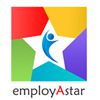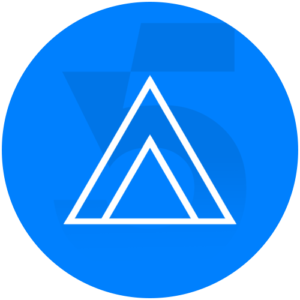Big Biller
Recruiting Solutions That Help Recruiters Make More Placements. Tools That Help Recruiters Save Time and Make Placements. Read more
Employastar
EmployAstar is a cloud-based Recruiting ATS Platform that helps staffing agencies' recruitment departments to move beyond the regular recruitment process quickly and efficiently. Read more
Kallidus Recruit
Kallidus Recruit is an Applicant Tracking System which is tailored to your organisation and integrates into your existing workflows. Recruit helps you hire the right people faster and enhances the experience for your candidates and hiring managers. Read more
PCRecruiter
People, Performance, PCRecruiter. PCRecruiter serves thousands of customers worldwide doing permanent placement, third-party recruitment, corporate direct hiring, and staffing/contracting, with billions of dollars in placements made. Read more
Pinpoint
The easier way to attract, hire, and retain top talent. Talent acquisition software for in-house recruitment teams, with unlimited support included. Read more
Recruitee
Talent Acquisition Platform Powerful software that makes hiring easy. Own your hiring process. Launch your hiring. Scale your processes. Lead your organization. Read more
TalentLink
TalentLink streamlines your recruiting so you can attract and engage top talent, match them to their perfect role, and help them quickly become a productive member of your team. Read more








